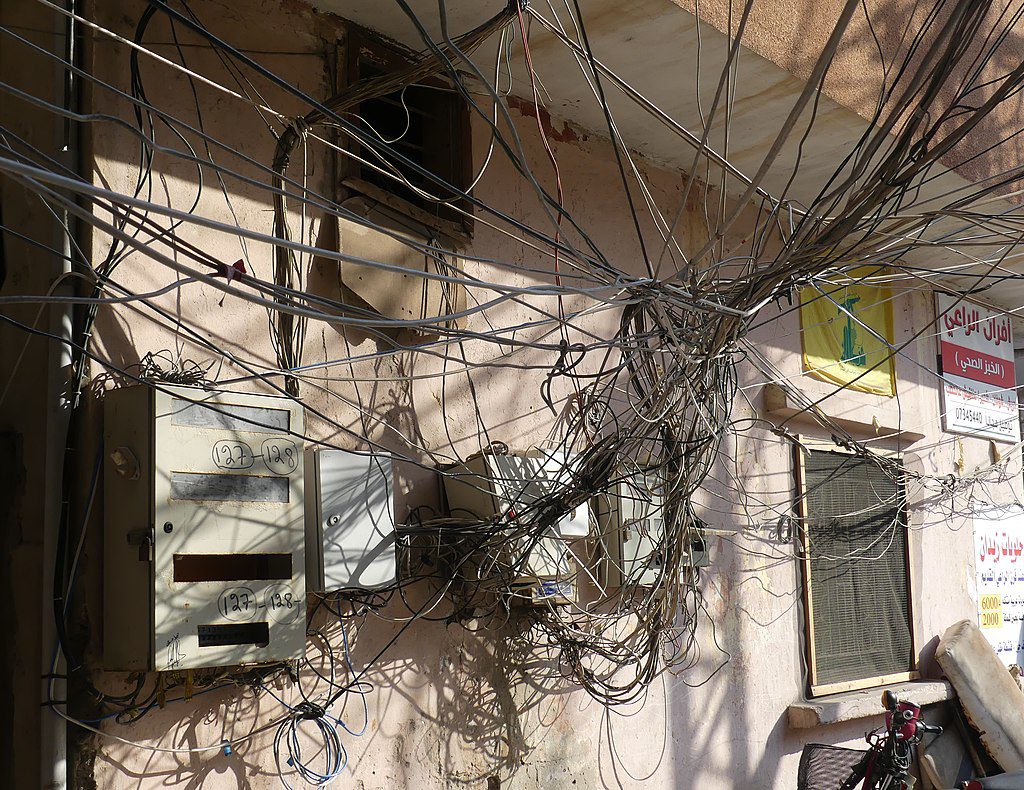
Lebanese officials signed a deal with their Jordanian and Syrian counterparts to supply their country with electricity, in what Walid Fayyad, energy minister for Lebanon, described as a “historic moment.” Syria will transit energy to Lebanon via Jordan.
The move is aimed at curbing the long power outages routinely afflicting Lebanon. During the second half of 2021 through the beginning of 2022, the Lebanese public has barely benefited from a few hours of electricity per day, having to resort to off-grid generators the rest of the time. This comes as a result of a financial crisis that began in 2019, at which time Lebanon averaged 21 hours of electricity.
The country’s most recent economic woes can be traced back to 2018, when a lack of reform led foreign donors to hold back “billions of dollars in aid,” which was followed by large demonstrations in late 2019. These are often ascribed to a plan to tax phone calls via WhatsApp, the principle means through which locals kept in touch with relatives abroad. According to Reuters:
Foreign exchange inflows dried up and dollars exited Lebanon. Banks no longer had enough dollars to pay depositors queuing outside, so they shut their doors. The government also defaulted on its foreign debt. The currency collapsed … Compounding problems, an explosion in August 2020 at Beirut port killed 215 people and caused billions of dollars of damage.
The impact on daily life, business, and the economy has been huge.
This energy deal, however, will provide only a relative improvement, increasing energy availability from two to four daily hours per day in the coming months.
The project counts on international backing. Costing $200 million, it is to be financed by the World Bank. The U.S. helped broker the deal, despite its involvement with Syria, a country still under American sanctions.
Politically, the deal represents a bid for normalizing relations of all the Arab states with Syria, but primarily with Lebanon, whose policy had been one of not associating with its northern neighbor since instability began in that country in 2011, and the ensuing civil war. Ghassan al-Zamal, energy minister for Syria, characterized it as “the beginning of greater cooperation among Arabs.” Minister Fayyad agreed: “It is really the cooperation between the Arab states that we are talking about.”
